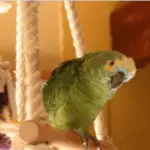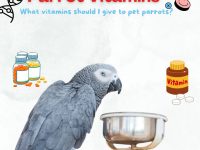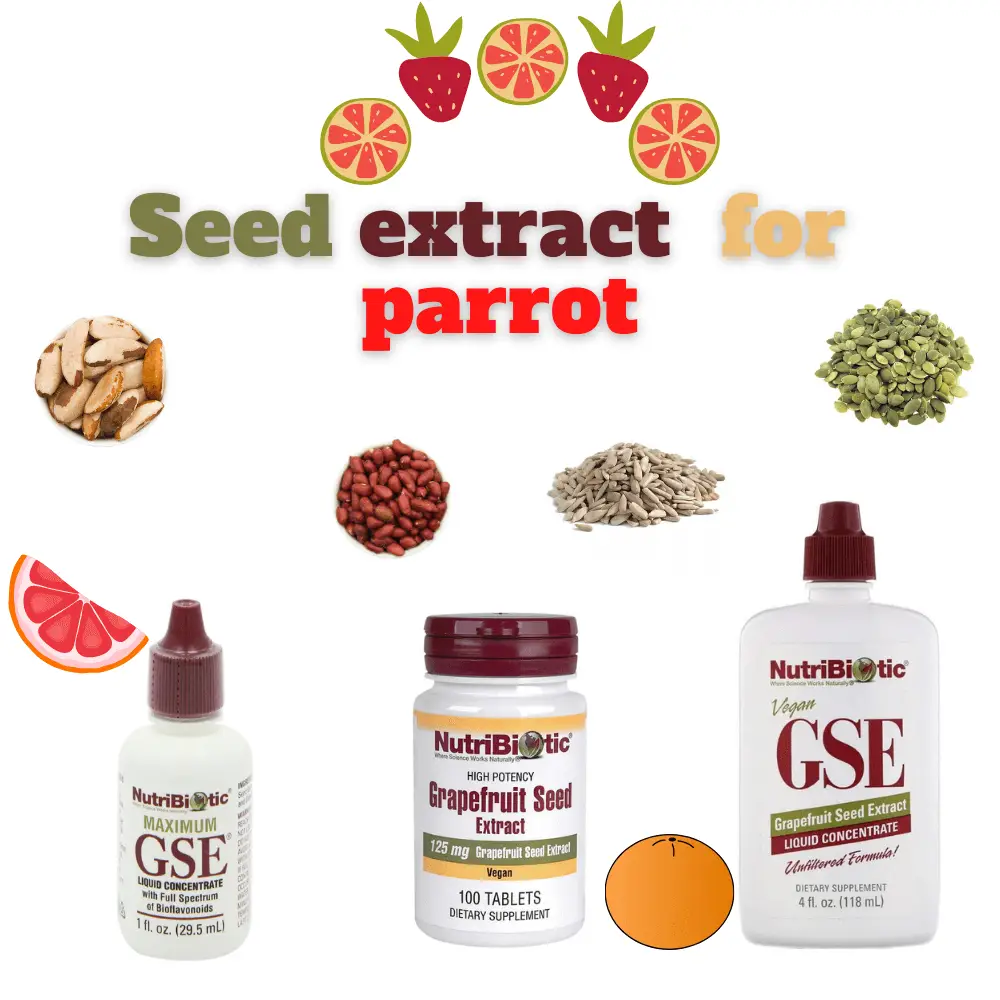
Seed extract for parrot: © GSE by © Nutribiotic (grapefruit seed extract) is made from organic grapefruits whose active substance is grapefruit seed extract. © GSE is a thick, liquid concentrate that can be found in just about any health food store (* © Nutribiotic, ©vitamins for birds Citricidal, © Agrisept, © ProSeed), which has been in use for several years in poultry farming and whose effectiveness has been proven over and over again.
Since its discovery in the 1960s, grapefruit seed extract has been tested and then validated by the FDA (foods and drugs administration), the Pasteur Institute in France, the University of Gainesville in Florida, and several practitioners. The active substance is non-toxic (the LD50 is over 5000 mg/kg of body weight).
The term grapefruit seed extract refers to the pulp, the inside of the peel, and the seeds as such. The active agents it contains are limonene, linalool, vitamin C, bioflavonoids, and highly effective polyphenol compounds, which are used to kill streptococci, staphylococci, salmonella, E.Coli, candida, herpes, influenza, parasites, and fungi.
It is a hydroxybenzene diphenol complex with a pH between 2 and 3 and can dissolve in water, alcohol, and organic solvents. It is effective at very low concentrations. It attacks the cytoplasmic membrane of bacteria, fungi, and protozoa to destroy them.
List of pathogens on which
grapefruit seed extract has been shown to be effective
| Gram negative bacteria | Gram positive bacteria | Mushrooms and yeasts | Other microorganisms |
| Brucella abortus | Clostridium botulinum | Candida Albicans | Campylobacter jejuni |
| Escherichia E. Coli | Clostridium tetani | Monilla albican | Chlamydia trachomatis |
| Haemophilus influenzae | Corynebacterium-diphteriae | Trichophytum-mentagrophytes | Entamoeba histolytica |
| Klebsiella pneumoniae | Diplodoccus pneumoniae | Richophytum rubrum | Giardia lamblia |
| Legionella pneumoniae | Listeria monocytigenes | Herpes simplex virus type 1 | |
| Neisseria catarrhalis | Mycobacterium-tuberculosis | Helicobacter pyroli | |
| Pasteurella septica | Staphilococcus aureus | Influenza has 2 viruses | |
| Proteus vulgaris | Streptococcus pyogenes | ||
| Pseudomonas aeruginosa | Streptococcus viridans | ||
| Salmonella enteriditis | |||
| Salmonella typhi | |||
| Shigella dysentiae | |||
| Vibrio cholerae |
Data provided by Biochem Research, Lakeport, CA
© GSE has been shown in laboratory tests to be 10 to 100 times more effective as a disinfectant than chlorine, bleach, colloidal silver, isopropyl alcohol, and iodine.
The United States Department of Agriculture has tried the © GSE in the case of avian influenza and it has been shown to be effective. It has also been shown to be effective in the treatment of Giardiasis.
The grapefruit seed extract is compatible with most antibiotics.
The © GSE has a broad spectrum of action and breeders and veterinarians now use it as a barrier of first defense in the nursery or in their consulting room.
It does not irritate the skin or mucous membranes, is non-corrosive to metal, can be used on all surfaces (wood, plastic, fabrics, etc.), and is biodegradable.
Vitamins for birds
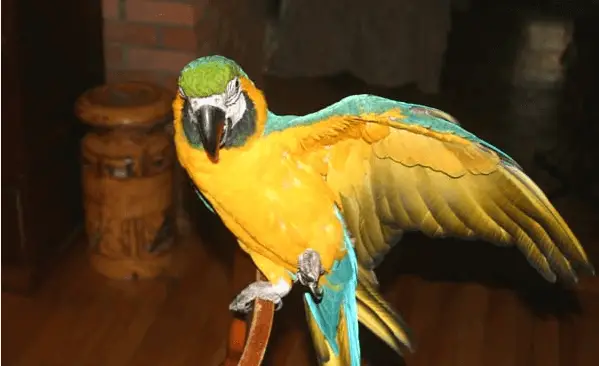
Seed extract for parrot
- Water for soaking sprouts (prevents damping-off of seedlings (fungi)), at a rate of 15 ml per 4 liters of water.
- Sterilize hands between handling different parrots, especially babies (10 to 15 drops mixed with soap in a 250 ml liquid soap dispenser).
- Disinfect syringes and surfaces in the nursery. Rinse well.
- Add 1 to 3 drops per liter for the drinking water of parrots.
- Disinfect humidifiers. (3 to 5 drops per liter).
- Disinfect parrot accessories (cages, perches) at a rate of 20-30 drops in a liter of water, mix well and spray on the surfaces to be disinfected. No need to rinse.
- Disinfect wood surfaces such as perches. After having thoroughly cleaned the perch, use © GSE undiluted on the wood which is still damp, and leaves to act for half an hour. Rinse and dry before handing it to the bird.
- For external use in cases of fungal infections or bacterial skin diseases: 30 to 50 drops mixed with one liter of water and spray on the infected area. Do not spray in the eyes.
- Wash the fresh fruit and vegetables by soaking them in a bath of prepared solution (10 to 15 drops per 4 liters) and soaking for about 30 seconds. Rinse well before offering to the bird.
- Added to your parrot’s water, © GSE can be used as a prophylactic agent.
- For those who travel abroad (“tourista”), mix 10 to 15 drops in a glass of water or juice one to three times a day.
Precautions
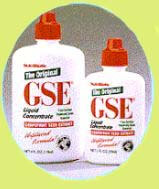
- Never put grapefruit seed extract concentrate in the eyes, ears, mouth or skin. Always use diluted.
- If the application of pure concentrate occurs, rinse thoroughly for at least 10 minutes with clean water under the tap.
How to Sprout Seeds for Your Parrot! | BirdNerdSophie
SOURCE: BirdNerdSophie


